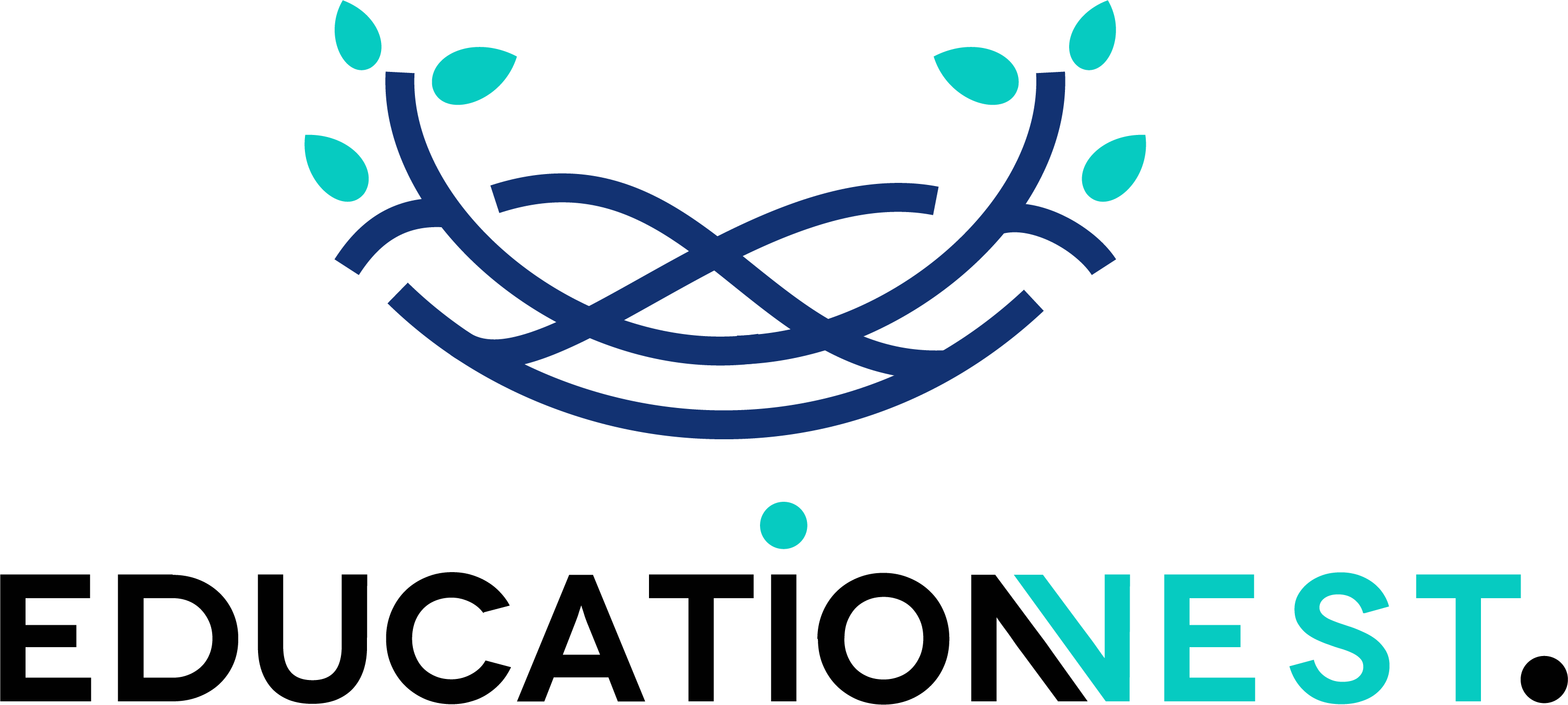
The group discussion (GD) round is required for everything from getting into college to getting a job in the C-suite. It will be with you throughout your job because it is one of the best ways to check off skills like confidence, teamwork, leadership, empathy, and analytical skills, among others. So, if you get nervous when you think about saying what you think out loud, especially in front of a group of people you don’t know, check out these tips and tried-and-true ways to handle a group discussion well.
What is a group discussion?
When a group of people get together to talk about something, this is called a “group discussion.” Many recruiters use group discussion (GD) to see how well a candidate can communicate, lead, and know about the test topic, among other things. There are also two other kinds of GD that test how well a candidate can think outside the box. It’s a quick case study and group activity. People often think that group talk rounds are hard, but they aren’t hard at all if you follow a few steps.
During the general talk (GD), the candidate’s leadership, communication, social and behavioral skills, courtesy, teamwork, listening skills, general knowledge, self-confidence, and ability to solve problems are evaluated.
Most of the time, the Group Discussion for a professional degree comes after the entrance test. Depending on the company or organization, the group talk could be the first or last step in the hiring process.
Types of group discussion

- Factual Group Discussions: These discussions are about things that happen in the real world and test a candidate’s ability to understand and analyze information about socioeconomic or everyday issues.
- Opinion base group discussions: Check how well a candidate can explain what they believe and why. Most of the time, these group talks are more about ideas than facts.
- Group conversations based on case studies:These discussions are like real-life situations. The panelists give the group details about a made-up situation, and then the group must work together to solve it.
Skills required to ace the group discussions
- Knowledge about the topic: The first thing a company looks at is how well you know the job’s subject matter. For example, if you want to work in sales, employers want you to know a lot about their goods and how to sell them.
- Originality: Some jobs require coming up with new ideas and thinking outside the box. In these cases, the panelists may use group activities to judge how creative and unique your ideas are when you work with other people.
- Way of speaking: Communication skills include being able to change the pitch, volume, and tone of your voice. In a normal group discussion, employers look for a strong approach, a voice that sounds authoritative, clear speech, and a tone that can be heard.
- Initiative: Self-motivation is a sign of being a good boss. First, the people on the panel will look at how you try to start the chat and keep it going.
- Good listener: Active listening is a very important skill for people who work in management or customer service. In a normal group, everyone tries to bring attention to their own points.
Group discussions guidelines
- Do research about the subject: Make a list of everything you need to know while you’re getting ready.
- Prepare your content: Believe in your work. It would be helpful to believe in your material. If you’re not sure of yourself, you might stumble through a line, which gives the wrong impression.
- Avoid conflict: During group talks, some candidates often start to argue. Don’t fight in the middle of the talk.
Also Read:
What is Interpersonal Communication: Meaning, Types, Elements and More
Group discussion in interviews
Do’s
- Have good content with good prior knowledge:Knowing about a subject means being up-to-date on what’s going on in the world.
When getting ready for a group discussion, you need to know something about the topic. If you know something about the topic, you can steer the discussion in any way you want, and you can add more to the discussion.
During the group talk rounds, there needs to be a lot of good information. You can do this by studying a lot of different things. Also, it would be good if you could remember some important things. Also, if you understand the topic, you’ll do well in group conversation rounds.
- Being a Leader: In a group talk, you can take the lead. When the moderator says a topic, try to get some ideas or important points about it in a few seconds so that you can be a leader and start a group discussion with a good mood.
- Be a Good listener: During the group discussion rounds, you should always try to be a good listener and student. This is because listening skills are very important during the group discussion rounds.
Giving other people a chance to speak and share their opinions will make you a better person.
- Body language: It is one of the most useful tools for talking with a group. The person in the group looks at everything you do, from how you sit to how your hands move.
Don’t
- Don’t take aggressive moves: You should be sure of what you think. That’s what a GD should look like. Even though you want to be heard to make an impression, try not to shout, be rude, or not let anyone else talk.
- Try not to be a part of the fish market: As a panelist in a group talk, you are judged on how well you can lead and work with others. There may come a time when everyone is talking at once and no one can be heard. It would be best to be quiet and think for a moment before trying to explain your point by raising your voice.
Also Read:
Creative Writing Checklist: How to Become a Pro
Phases of group discussion
- Initial phase: During this time, you might feel anxious and tense. It has been noticed that this is how most people think about the prospects. You will be able to get the attention of the team members and the judges if you try to be clear with your facts and know what you need to know about the topic. But if you do it because you want to. It will have a bad effect.
- Conflict: As the fighting got worse, the people in the group tried to outdo each other with their critical data and facts. You might find that some people agree with what was said and others disagree. During this time, try to stay cool and clear. People who aren’t taking part in the discussion may try to get them to join in. In this time, you can also use your imagination.
- Teamwork: During this phase, conflicts are easy and quick to solve, and people on the team talk to each other freely as they learn to be calm and work together.
- Performance: In this part, skills are judged based on how well they can make decisions, solve problems, and work as a team. When everyone has said what they think, it’s time to work together.
- Conclusion: It is the last step. All of the points have been taken into account, and they are trying to find an answer.
Conclusion
Group discussions are an important part of many different selection stages, doing good in group discussions plays an important role in your selection. Group discussions are invaluable for exchanging perspectives, solving problems, and aligning teams. By embracing active listening, leveraging digital tools, and incorporating diversity, we can optimize our group discussions for greater creativity, innovation, and understanding. The insights are out there – let’s connect and uncover them together.

